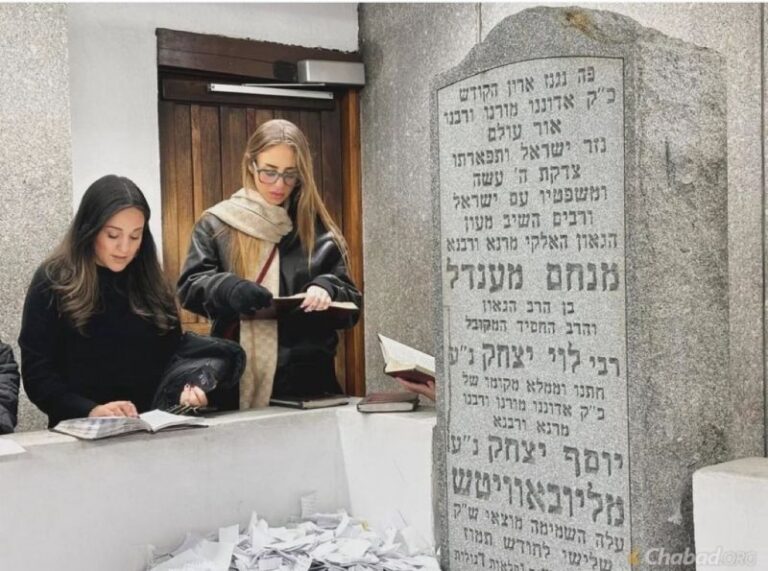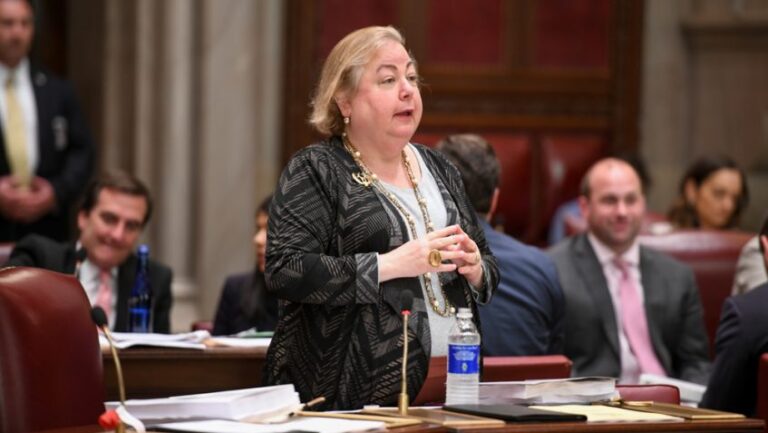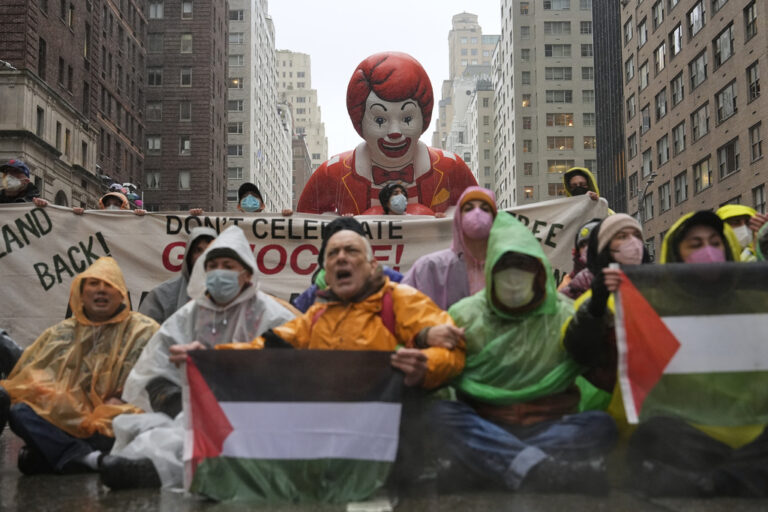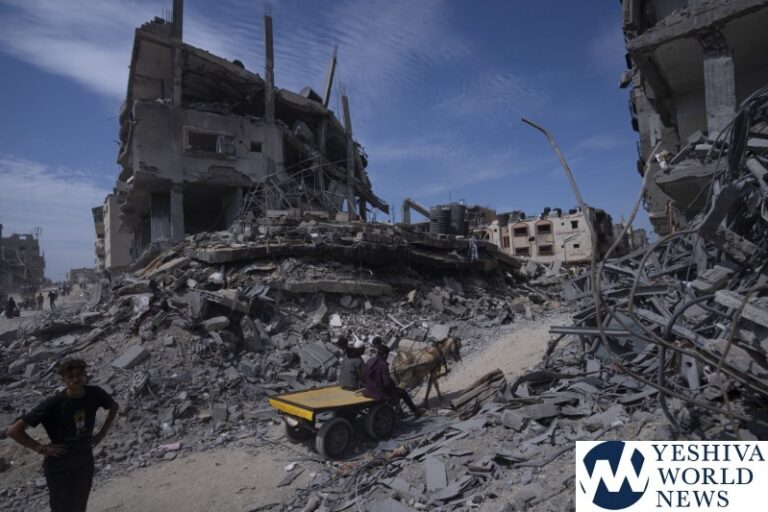In the passage selected for this week’s Haftorah, Yishayahu prophesies about the final redemption. In this prophesy he makes reference to Galus Mitzrayim (the Exile of Egypt). Yishayahu says that the children of Yaakov who came down to Mitzrayim grew into a multitude and eventually expanded to be all over the world. The Navi then continues and tells us that just as Klal-Yisroel deserved their redemption from Egypt because they had suffered the oppression of Mitzrayim – so too now we will deserve the final redemption after all we have gone through.
The Levush explains that the reason this Haftorah is chosen for this week’s Sedra is that just as our Sedra opens by listing everyone who went down to Egypt, the Haftorah begins by mentioning Bnei-Yaakov who came down to Mitzrayim. As such the Levush maintains that the Haftorah was chosen merely because of this parallel.
While the parallel is there, the connection appears a bit weak as a reason to choose specifically this passage as a Haftorah. Aside from that, why is the Torah’s repeating of the list of Bnei-Yaakov who came to Mitzrayim chosen to be highlighted in the Haftorah?
In fact, why does the Torah open Sefer Shemos by repeating the end of Sefer Bereishis?
When we look at the Haftorah we see that the Navi points out to us something in a very casual way. The Navi tells us that Klal-Yisroel by their suffering oppression in Egypt earned their freedom, and that one day we will earn the Geula in a similar fashion. The Navi is drawing our attention to a cause and effect relationship. The oppression helped to bring about Geula Mitzrayim. In other words it is true that Klal-Yisroel suffered immensely in Mitzrayim, but their suffering was ultimately what facilitated their Geula. The story of slavery in Egypt and Klal-Yisoel’s emancipation is a story that unfolds and is created in Sefer Shemos. Sefer Shemos is really a process. This process is captured in our Haftorah and the Haftorah brings it to life.
The lesson of this week’s Haftorah, and indeed of the entire Sefer Shemos, is that certain developments or events are really catalysts, or even causes, for other, bigger and better things.
We live in an imperfect world. What we all too often don’t realize is that all the imperfections are somehow facilitating the final process of redemption. Individual events or developments cannot be shrugged off as coincidental: they are what purposefully shapes our future.
A very warm Good Shabbos, Rabbi Y. Dov Krakowski










